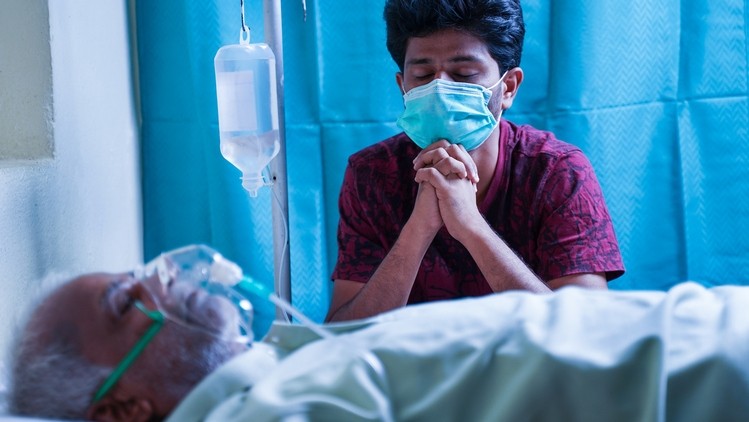Under investigation: Vitamin D, zinc supplementation to be assessed among COVID patients in India

Past research featuring observational and experimental evidence has linked vitamin D to a variety of communicable and non-communicable diseases, whereas zinc contributes to an immune modulatory and antiviral effect.
As a result, a team of researchers from India, the US and Canada have devised an RCT to test their hypothesis that the two nutrients could affect treatment outcomes among individuals with COVID-19 in India.
“COVID-19 continues to be a problem globally, with over 16 million incident cases and 200,000 deaths reported in November 2021. Additionally, with limited proven treatment regimens for COVID-19 to date, it is essential to continue exploring low-cost and commonly available effective interventions which can be implemented as standardised therapeutic treatment regimens at large.
“This is especially important in the context of low-income and middle-income countries in South Asia and Africa, which are particularly vulnerable given the weak health systems and the co-existence of malnutrition and other co-morbidities. This includes India, which continues to report a substantial number of COVID-19 cases,” said the team of the ongoing study.
Its protocol was documented in their paper titled “Randomised trial to determine the effect of vitamin D and zinc supplementation for improving treatment outcomes among patients with COVID-19 in India: trial protocol” and published in the journal BMJ Public Health Emergency Collection.
The RCT will evaluate the effect of vitamin D and zinc on COVID-19 outcomes in the state of Maharashtra, western India, specifically in the hospitals of Pune and Mumbai. Maharashtra has the highest cumulative number of COVID-19 cases and fatalities of all Indian states, according to statistics by the Indian government under MyGov.in accessed on 17 December 2021. Within that state, Pune and Mumbai have emerged as COVID-19 hotspots.
Around 700 subjects will be given vitamin D3 bolus at a dose of 2,000 IU daily, zinc gluconate at 40mg daily, or both, versus placebo for eight weeks. They will undergo a detailed assessment at baseline and eight weeks, and their symptoms will be monitored. A final follow-up with a phone call will occur at 12 weeks to assess long-term outcomes.
The primary outcome is to determine the time to resolve all symptoms like fever, cough and shortness of breath. Secondary outcomes include duration of hospital stay, individual symptoms, all-cause mortality, the necessity of assisted ventilation and change in blood biomarkers.
Subsequent strategy
The team will utilise the intent-to-treat analysis of the data retrieved. Time to the primary outcome will be compared between participant groups. The effect of vitamin D or zinc on the secondary outcomes will be analysed similarly.
“The frequent follow-up of participants and collection of a range of sociodemographic, clinical and biomarker measures alongside blood samples will enable a detailed investigation of the effect of supplementation on disease progression, including potentially important immunological and inflammatory pathways.
“Regardless, the findings of this study will have direct relevance to many settings in South Asia and sub-Saharan Africa with weak health systems and prevalent malnutrition. Ultimately, the evidence generated as part of this trial will enhance our understanding of the role of vitamin D and zinc in COVID-19 disease and contribute high-quality evidence on the potential value of supplementation of these micronutrients for the same,” said the team.
The trial is supported by the Canadian Institutes of Health Research and the Canada Research Chair programme.
Source: BMJ Public Health Emergency Collection
“Randomised trial to determine the effect of vitamin D and zinc supplementation for improving treatment outcomes among patients with COVID-19 in India: trial protocol”
DOI: 10.1136/bmjopen-2022-061301
Authors: Kamal Kant Sharma et al.




















